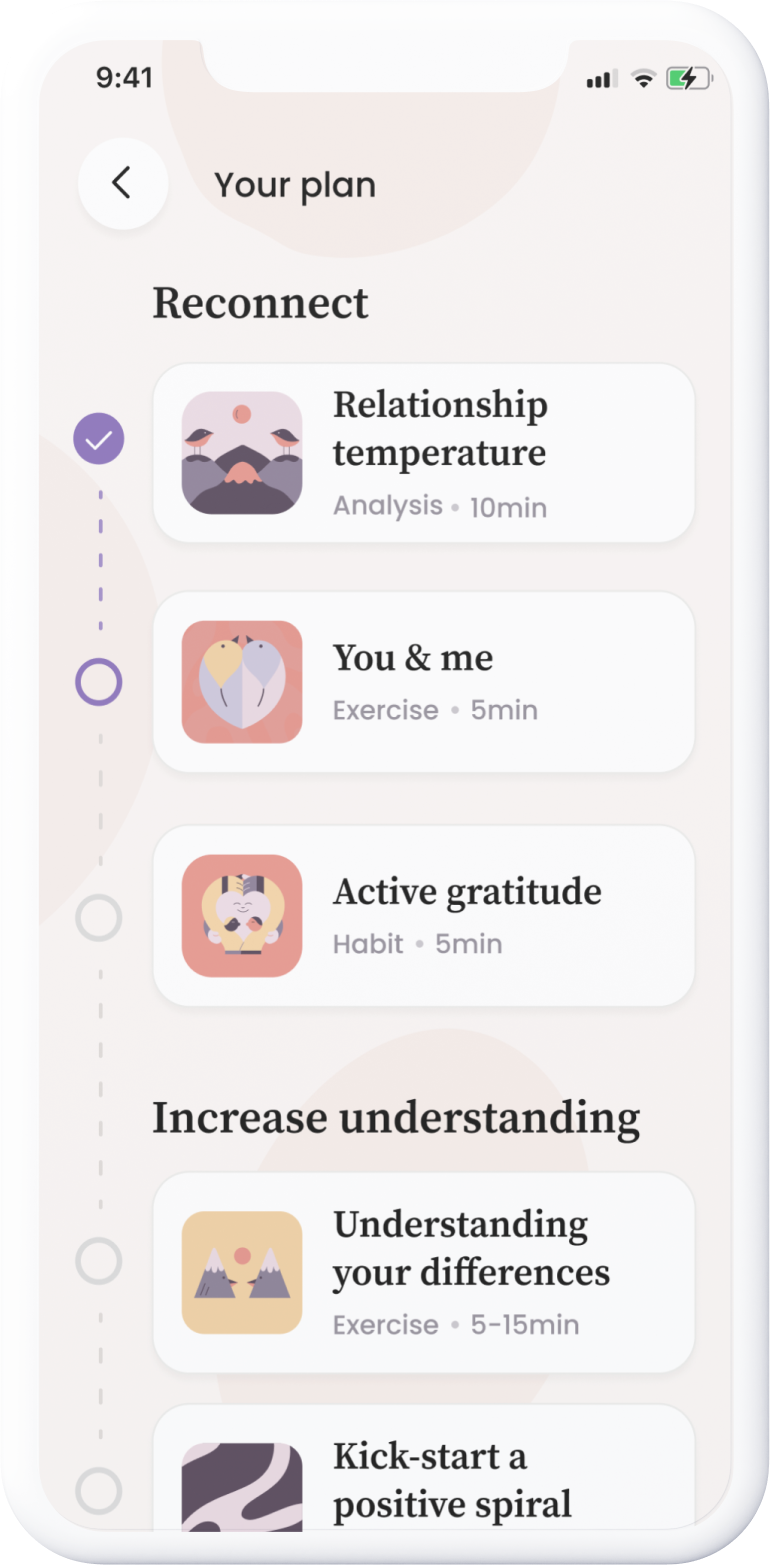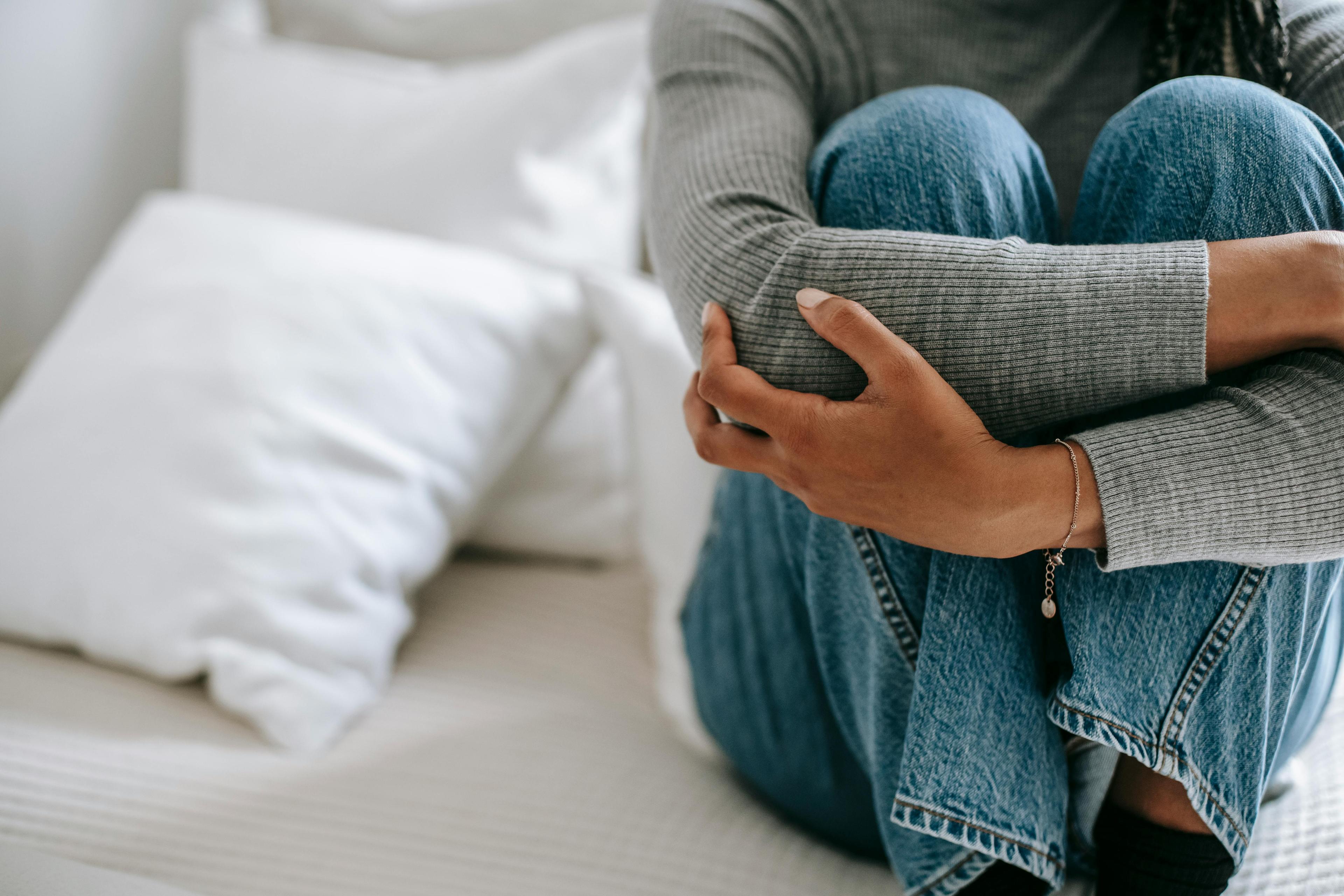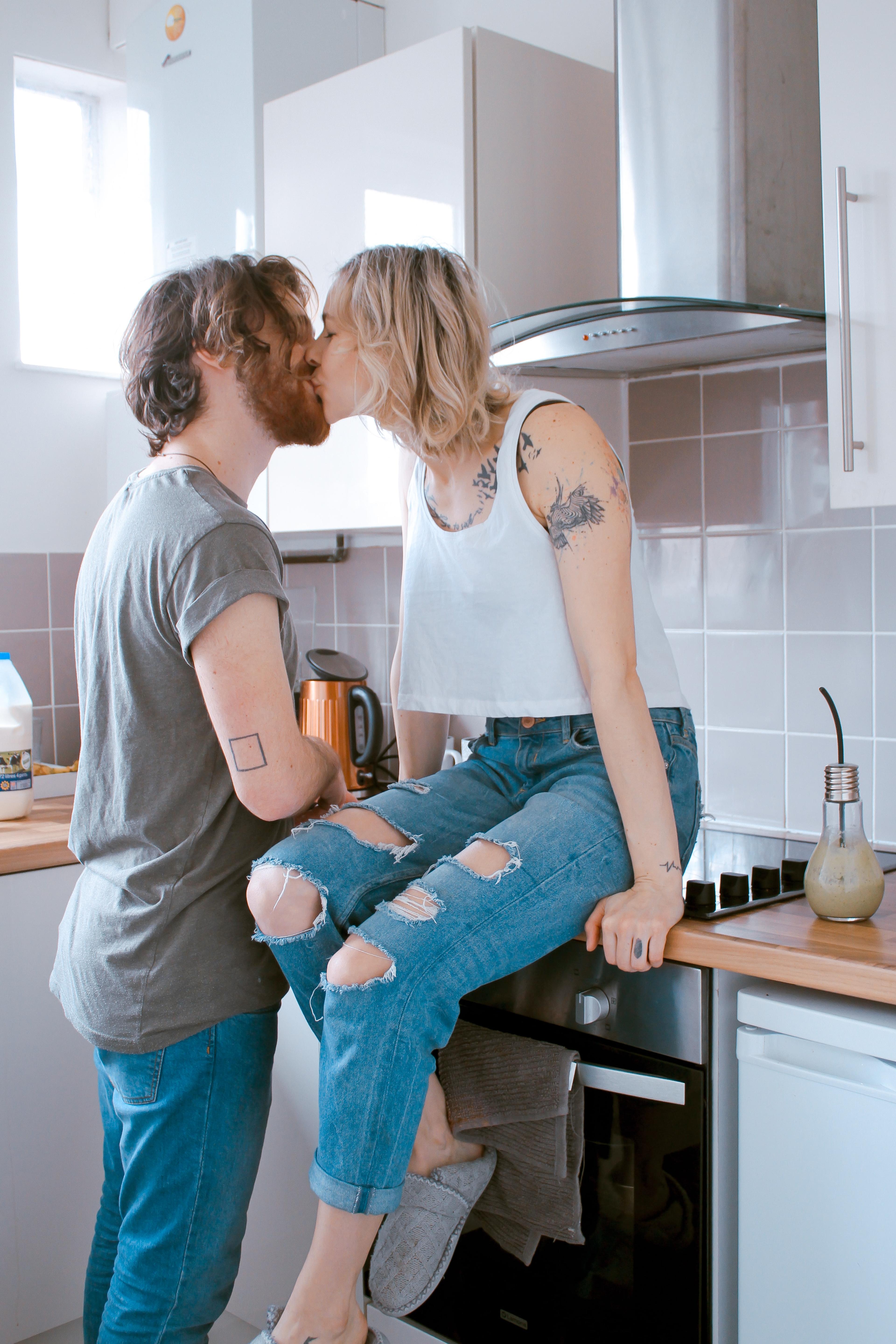Why Do I Always End Up in Toxic Relationships?
Understand the reasons and patterns why some are drawn to toxic realtionships.- 1 March 2024
- 6min

What is a toxic relationship?
In this blog post we are using the labels “toxic relationships” and “toxic partner”. A toxic relationship pattern refers to recurring behaviours, dynamics, or interactions within a relationship that are harmful, unhealthy, or damaging to one or both partners involved. These patterns can manifest in various forms and can significantly impact the emotional, psychological, and sometimes physical well-being of those involved.
We use the term “toxic people/toxic partner” to describe individuals who consistently exhibit behaviours that are harmful, manipulative, or detrimental to the well-being of others. While it's essential to recognise that people are complex and multifaceted, the term "toxic people" typically refers to those who engage in patterns of behaviour that negatively impact those around them.
Using these labels can have both positive and negative side-effects. On one hand, these labels can provide individuals with a concise way to identify and communicate patterns of behaviour that are harmful or unhealthy within a relationship.
They can help people recognize when they are experiencing abuse, manipulation, or other forms of toxicity, which can be the first step towards seeking help or making positive changes. However, using the labels “toxic relationships” and “toxic partners” could come with potential drawbacks such as oversimplification and stigmatization.
The attraction to toxic relationships
Toxic people have a captivating charm that can be hard to resist. The enchanting allure of toxic individuals can be irresistible, leading others into dangerous relationships despite the risks.
Regardless of the warning signs, some individuals find themselves drawn to these toxic behaviours time and time. This attraction often comes from a combination of factors, including past experiences and emotional vulnerabilities.
Despite the potential for harm, the allure of some toxic individuals can overshadow rational judgement. This turn leads to individuals continuously being lured towards these toxic relationships.
Previous trauma and toxic behaviours
One significant factor contributing to the addiction to date toxic people could be past traumatic experiences. Previous experiences of abuse or abandonment by family or partners can leave deep emotional scars that shape an individual's perception of themselves and their relationships. Even social pressures and cultural norms can influence relationship choices.
In societies where some relationship dynamics are ideal or glorified, individuals may feel compelled to stay in toxic relationships to uphold social expectations. These unresolved wounds and expectations may unknowingly lead them to seek out partners who replicate familiar patterns of toxic behaviour in a relationship and preserve a pattern of pain and dysfunction.
Toxic relationships can feel strangely comfortable, even when it's harmful. For some individuals, the dysfunction they experienced in past relationships or during childhood becomes a habit. That habit makes it more difficult to leave and break free from toxic behaviours and patterns. This familiarity can create a false sense of security and trap them in to repeatedly end up in toxic relationships.
Another driving force behind the habit of dating toxic people is the desire for confirmation and belonging. Individuals with low self-esteem or feeling of inadequacy may seek validation from partners and mistake their intermittent displays of affection for genuine love.
In the pursuit of acceptance and affirmation, they may tolerate and even enable toxic behaviours in their relationships and sacrifice their well-being in the process because they believe they don't deserve better.
Breaking free from toxic relationships
The habit of dating toxic people or ending up in toxic relationships is a complex interplay of psychological factors, past experiences and emotional needs. Breaking the cycle of repeatedly ending up in toxic relationships can be challenging, but it's definitely possible with self-awareness, introspection, and proactive steps.
Valuing yourself in relationships
Breaking free from the cycle of dating toxic people requires introspection, self-awareness, and often professional guidance.
This usually involves reflecting on past relationships and identifying common patterns as well as being more aware of toxic behaviours in current relationships. It involves understanding your own emotions and needs better, setting boundaries, prioritising self-care, and overall cultivating healthier relationship dynamics.
Although the path may be difficult and challenging, it will ultimately clear the way for personal growth, healing and the opportunity to nourish and foster significant healthy relationships. Remember, you deserve love and respect, and it starts with valuing yourself enough to walk away from toxic relationships.
The role of effective communication in avoiding toxic dynamics
Developing better communication skills is also important. Conflict is inevitable in any relationship, but how it's managed can make a significant difference. Effective communication enables partners to engage in constructive dialogue, express their concerns without resorting to blame or aggression, and work towards resolving conflicts in a healthy and respectful manner. This reduces the likelihood of toxic behaviours escalating and damaging the relationship.








